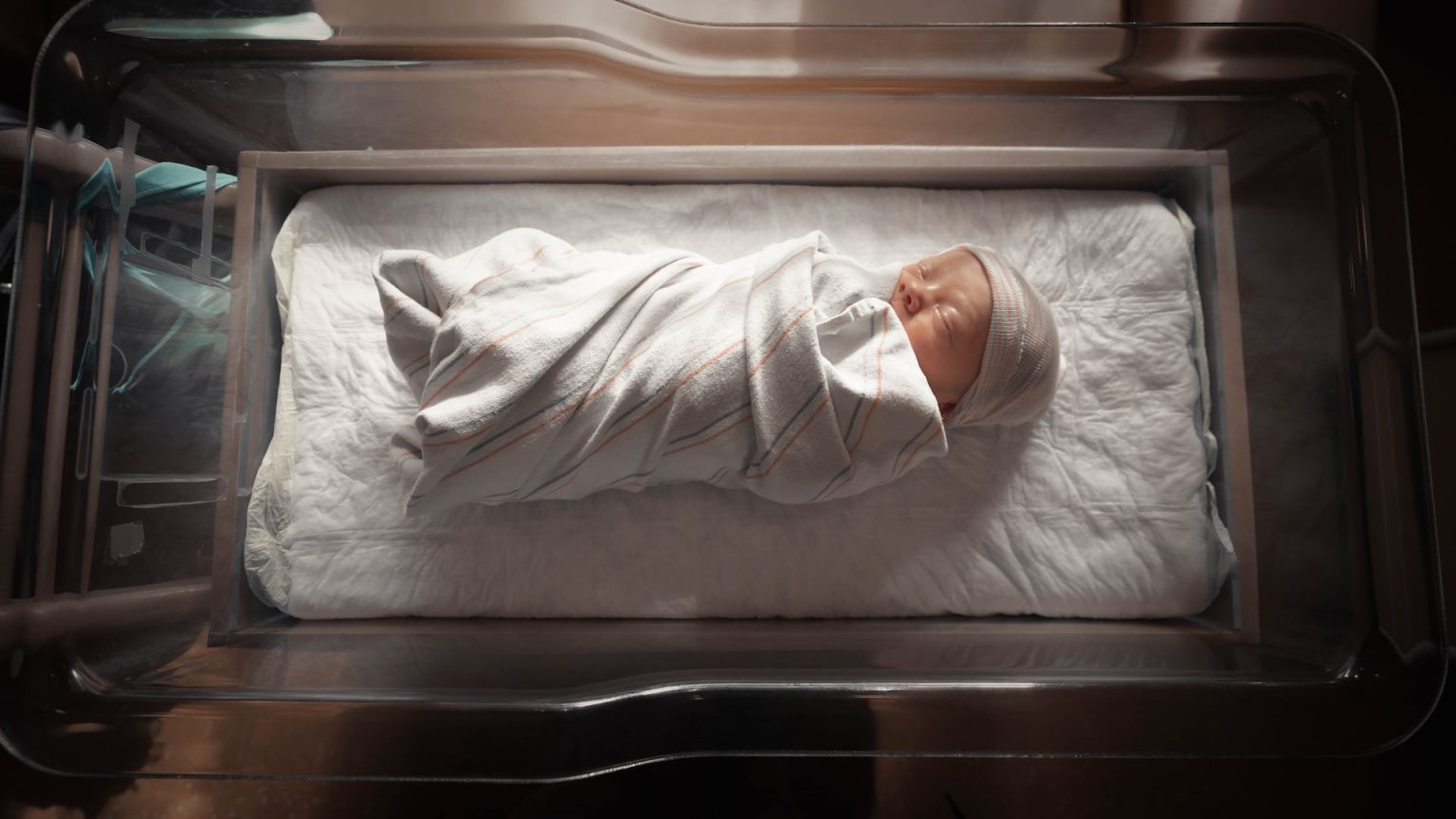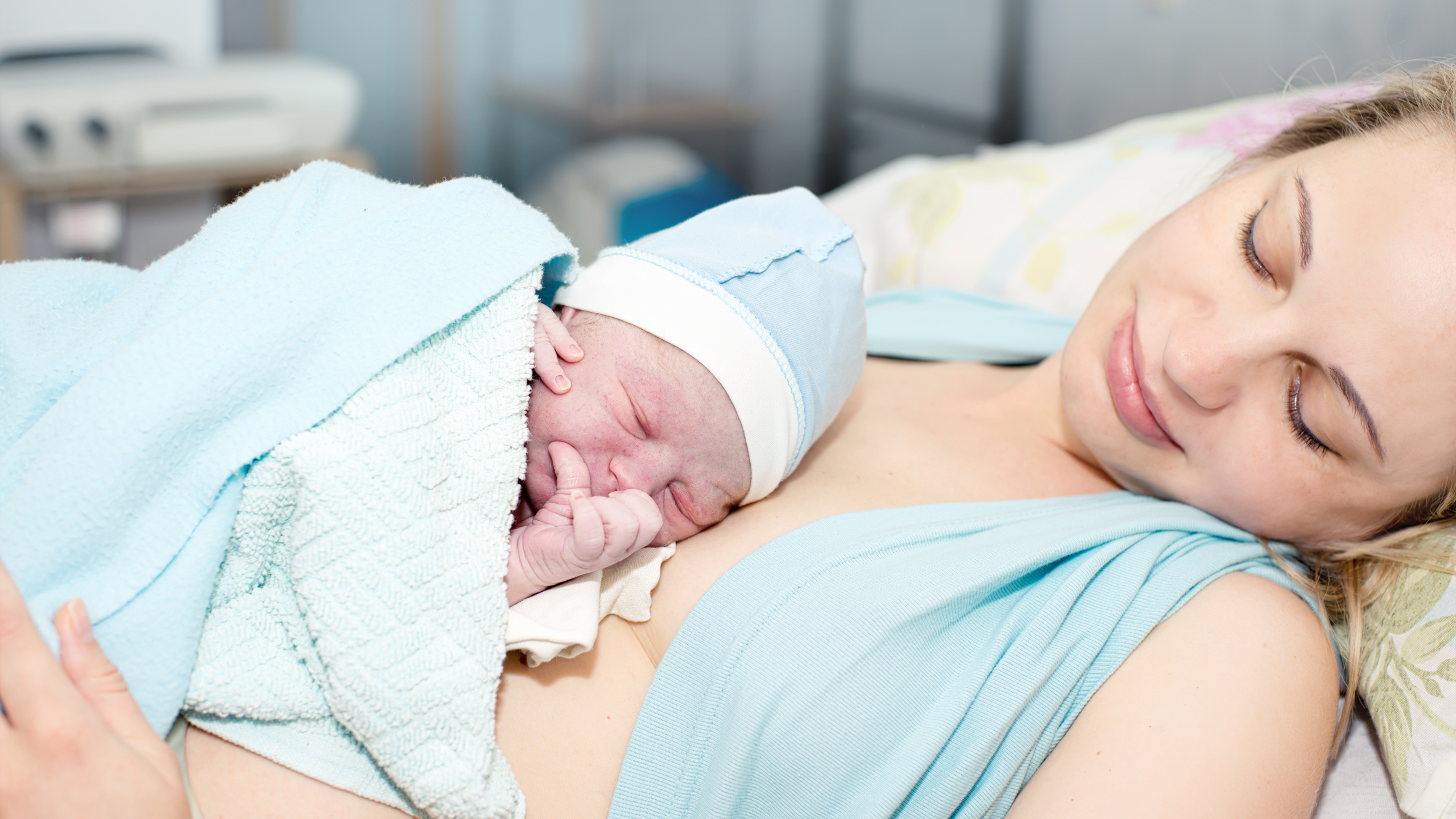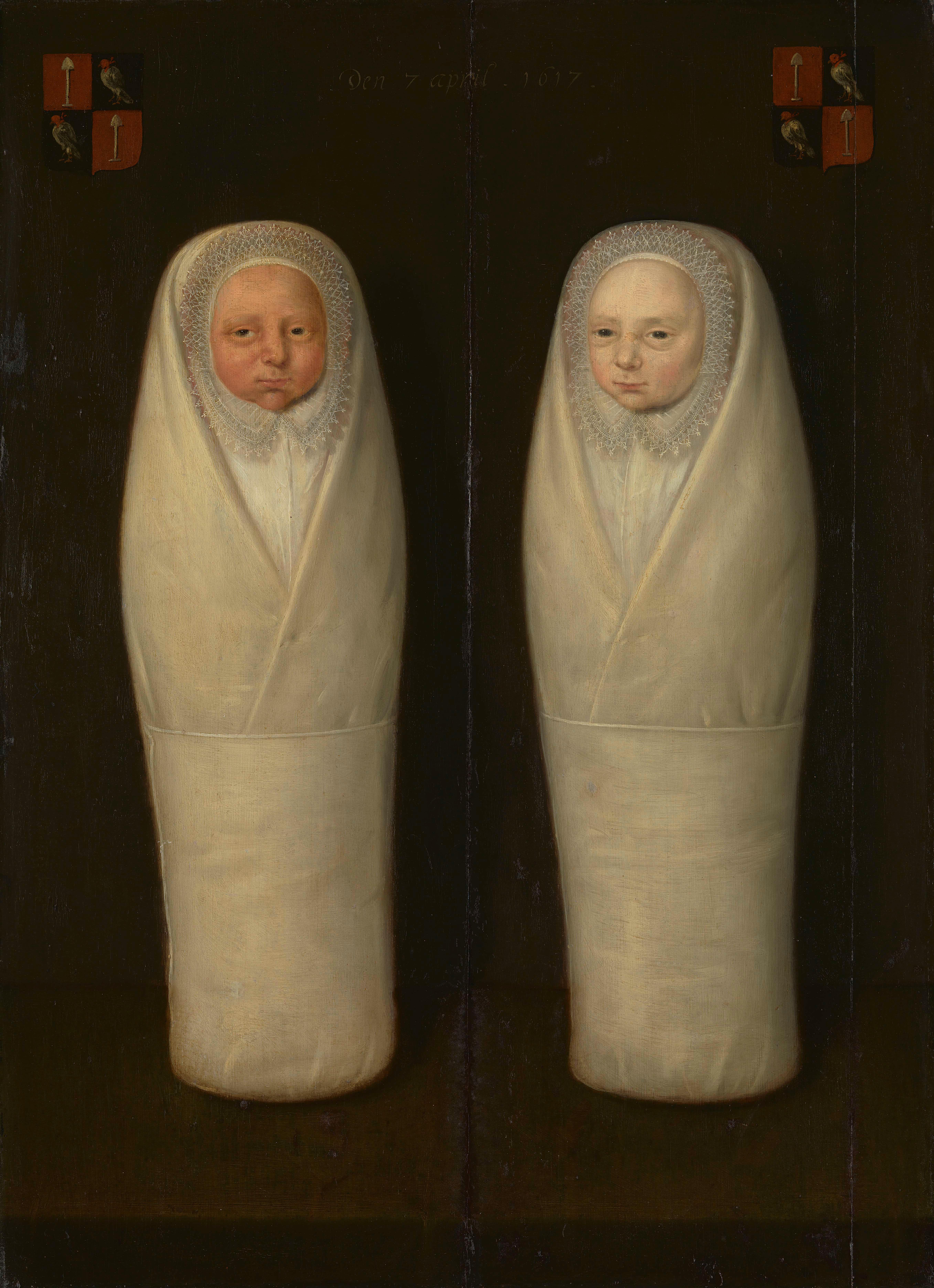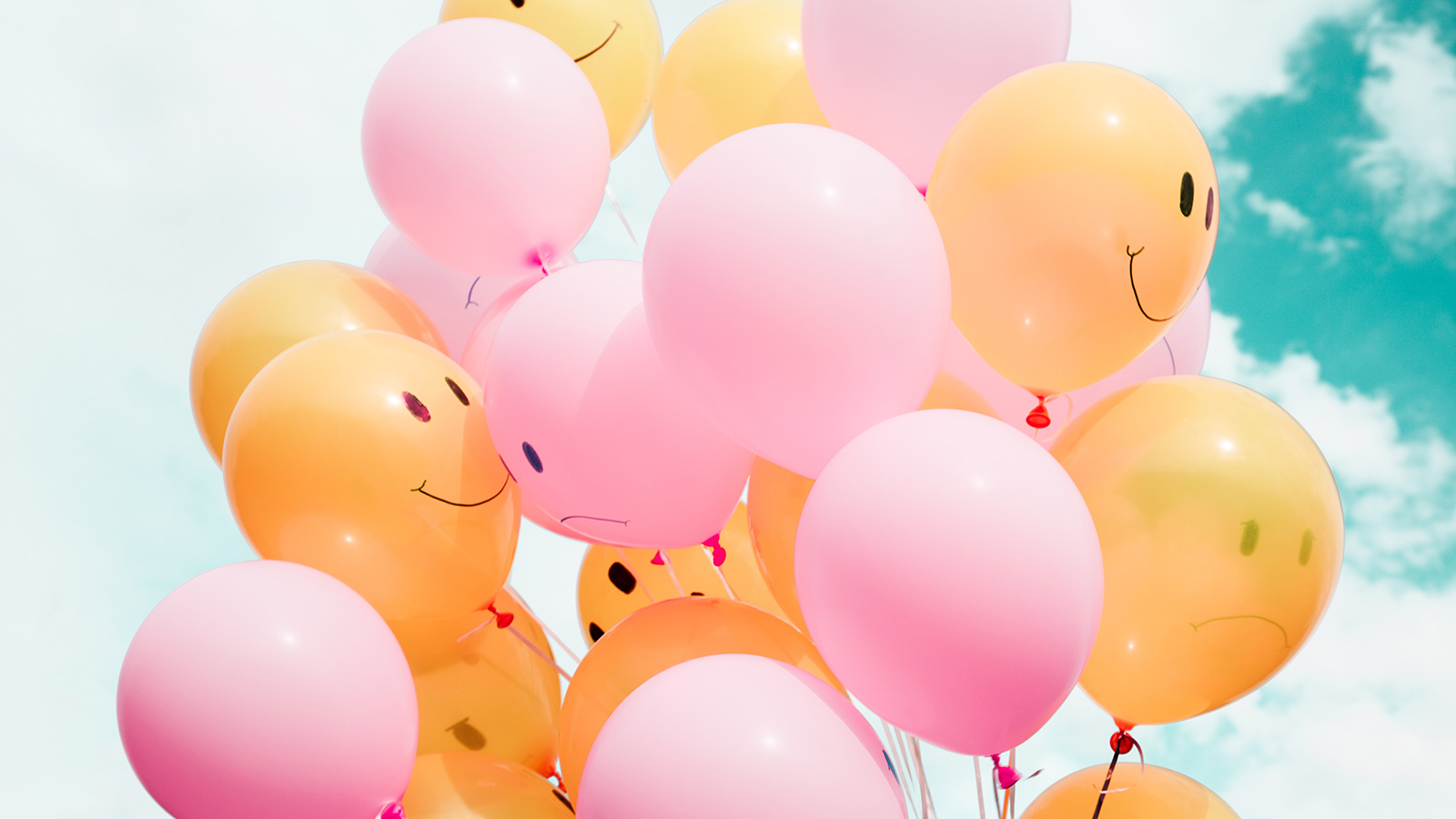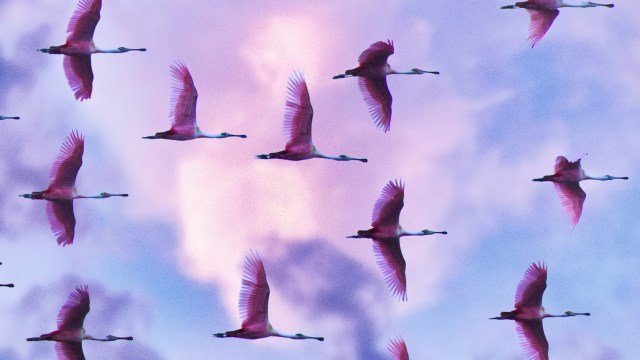Philosophy obsesses about death. Instead, we need “natality” — a focus on birth
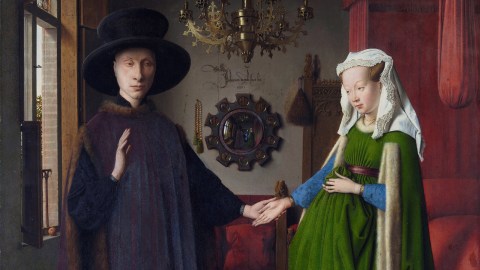
- Our society wrestles with mortality but largely ignores “natality.”
- But many great thinkers have derived great meaning from birth, including Hannah Arendt, Friedrich Nietzsche, Mary Wollstonecraft, and Toni Morrison.
- We can — and should — prepare ourselves for birth just as we prepare ourselves for death.
Just about everyone I know who has had close encounters with birth has asked these questions: Why did no one tell me what this was like? Why did no one prepare me?
These questions, often whispered in private rather than proclaimed in public, are part of a cultural script that rarely gets questioned. I asked these questions myself when I gave birth to my children in my thirties. I had an excellent education behind me at that point. I read the papers. I had traveled to foreign countries and learned different languages. I was an adult, reasonably schooled in the ways of the word. And yet, like so many others, I was unprepared for birth. What exactly had I not been prepared for? And what exactly could I have been told, from my earliest days and through my upbringing, education, and adulthood, that would have edified, trained, fortified, or steeled me for that experience?
I began my book Natality: Toward a Philosophy of Birth as an attempt to answer these questions. They seemed as answerable as any of the big, complex questions about human existence, the unsolvable riddles we live with, constantly seeking better comprehension. Because I was a reader, I sought guidance in books, in the literary, philosophical, and theological traditions I was heir to as a modern western person, rather than in the medical or self-help manuals that birth has been more publicly claimed by. I was interested in the possibility of shared inheritances, diversely expressed and perhaps full of their own disagreements, contradictions, or irresolution, that might be drawn on in confronting birth.
My culture seemed to have these for death. Indeed, woven through my intellectual inheritance was a pronounced wrestling with mortality, a constant facing up to the fact of our eventual deaths. But there wasn’t a real shared sense of what Hannah Arendt called natality, of birth as a fundamental part of the human experience that must be faced, thought about, talked about, and taught. Birth instead was fragmented into billions of individualized pieces, privatized, and understood in the context of families, not societies.
What I discovered in searching for birth in books over the next decade is that we do have rich intellectual, existential, and spiritual traditions around birth, but they remain buried and are hard to access. In Natality, I wanted to access these traditions, to bring them to the surface, and to offer to readers an expansive set of possibilities. In a series of chapters, I showcased the experiences and ideas expressed by a lineage of people who wrestled with their natality, and who derived great meanings from birth: Hannah Arendt, Friedrich Nietzsche, Mary Wollstonecraft, Mary Shelley, Sojourner Truth, Adrienne Rich, and Toni Morrison. Although many of these thinkers are rarely mentioned in the same breath, they are bound by hidden affinities, and they collectively constitute one submerged and surprising counter tradition about birth’s creativity in modernity in the West. They all leaned toward birth, either experientially or conceptually; they were passionately for life. But in being for life, they recognized birth’s magnitude, great difficulty, diversity, and unresolved problems.
In their lives and work, they offer examples of how what people experience in birth and what they think about their experiences can shape their lives, deeply impact their societies, and even alter the course of history. They understood birth as a private event, individually experienced in people’s bodies, but also as a stone thrown into a huge lake, creating broad social, cultural, and political ripples. Birth, they believed, was implicated in the sustenance and transformation of human civilization. Most of them recognized how birth had been misused throughout history, and they imagined a new relationship between birth and freedom.
Their visions of natality are particularly poignant today as fatalism, paralysis, doubt, cynicism, and despair have become prevailing features of 21st-century life. In their own eras, these thinkers were highly attuned to the power structures that bred such despondency, but in their struggles against those structures, they imagined responses other than defeat. Over the last decade, as a pessimistic mood has intensified globally and amid a series of historic crises, these thinkers’ expressions of human natality have offered a powerful alternative to nihilism. That they collectively maintained a courageous, affirmative, and non-dogmatic commitment to birth and to life, not just despite these problems but often because of them, has buoyed me and sustained me through some of the deadliest years in modern history.
During this time, it was mortality, not natality, that dominated the news cycle. I finished my book during the second full winter of Covid-19. I was tying up loose ends against the background of mass death and a crumbling world order, with six and a half million dead from the pandemic in two years and the world on high alert, fearing a third world war after the Russian invasion of Ukraine. Humanity’s death drive seemed unassailable. Global mortality rates rose, and fertility rates dropped to their lowest levels on record.
“Even in the darkest of times,” Hannah Arendt wrote, “we have the right to expect some illumination.” Through these years, in the quieter background of these calamities, I would still hear about them: babies being conceived, babies being born. Those births rarely made the news, but they were as much a part of reality as any war, any disaster, any disease. I wondered who these babies would become, what they would make of their births, and what unprecedented piece of human history they would help create. Would they find a cure for cancer or help save some endangered species? Or would they go on a senseless shooting spree or detonate a nuclear bomb? I couldn’t predict what they would do with their lives, big or small, creative or destructive, compassionate or vicious. But I knew these babies mattered; they were the members of my children’s generation, and the world would soon be in their hands.
Birth doesn’t need to stay buried under all the strata of consciousness.
To experience birth, to witness it and even celebrate it while living amid death and destruction, was to experience a complex and dissonant truth. It was a truth so obvious as to be banal: that we are born, and we will die; or that we are natal creatures in a mortal world. And yet it was a truth not easily digestible, not packagable for quick consumption. It has been best expressed not in polemics but in poetry: “were we led all that way for / Birth or Death?” one of the Magi asks in T. S. Eliot’s Journey of the Magi. The Magi, returning from a difficult winter journey on which they witnessed the miraculous newborn Christ, return to their kingdoms no longer at ease in the “old dispensation” but without any vision for a dispensation that comes next. They never answer the question they ask of themselves in the poem, and perhaps that’s because it is unanswerable: “were we led all that way for / Birth or Death?”
Life is under threat in the 21st century. Even as life expectancies have risen dramatically over the last few centuries and as the human population has relentlessly expanded, humans seem less and less sure that life is worth living, worth passing on to a next generation. We’ve had to confront just how destructive and deadly a species we are. It seems much too late to do anything about our various crises; the damage has been done. Humans did it and humans should pay the price. An increasing number of people are preparing themselves for and even celebrating the possibility of our species’ imminent extinction.
But these grim reckonings haven’t done anyone or anything much good. Little has gotten better over the last few decades. Much has gotten worse, and that deterioration has happened on cynicism’s watch. Pessimism often masquerades as a mere reflection of reality, but it is more than that; it is an active agent, defining a reality it professes to only express.
And so I’ve hungered for new models, different visions. From deep within the vortex of modernity’s death spiral, the authors I have profiled in Natality expressed a simple but powerful alternative idea: that we should prepare ourselves for birth just as we prepare ourselves for death. We’ve been led all this way for birth as much as for death. Birth doesn’t need to stay buried under all the strata of consciousness. Here, today, in our ordinary lives, we can begin to tell each other what it is like – to be born, to give birth, to witness birth, to love birth, to fear birth, to celebrate and mourn birth, and to participate in all of life’s new beginnings.
